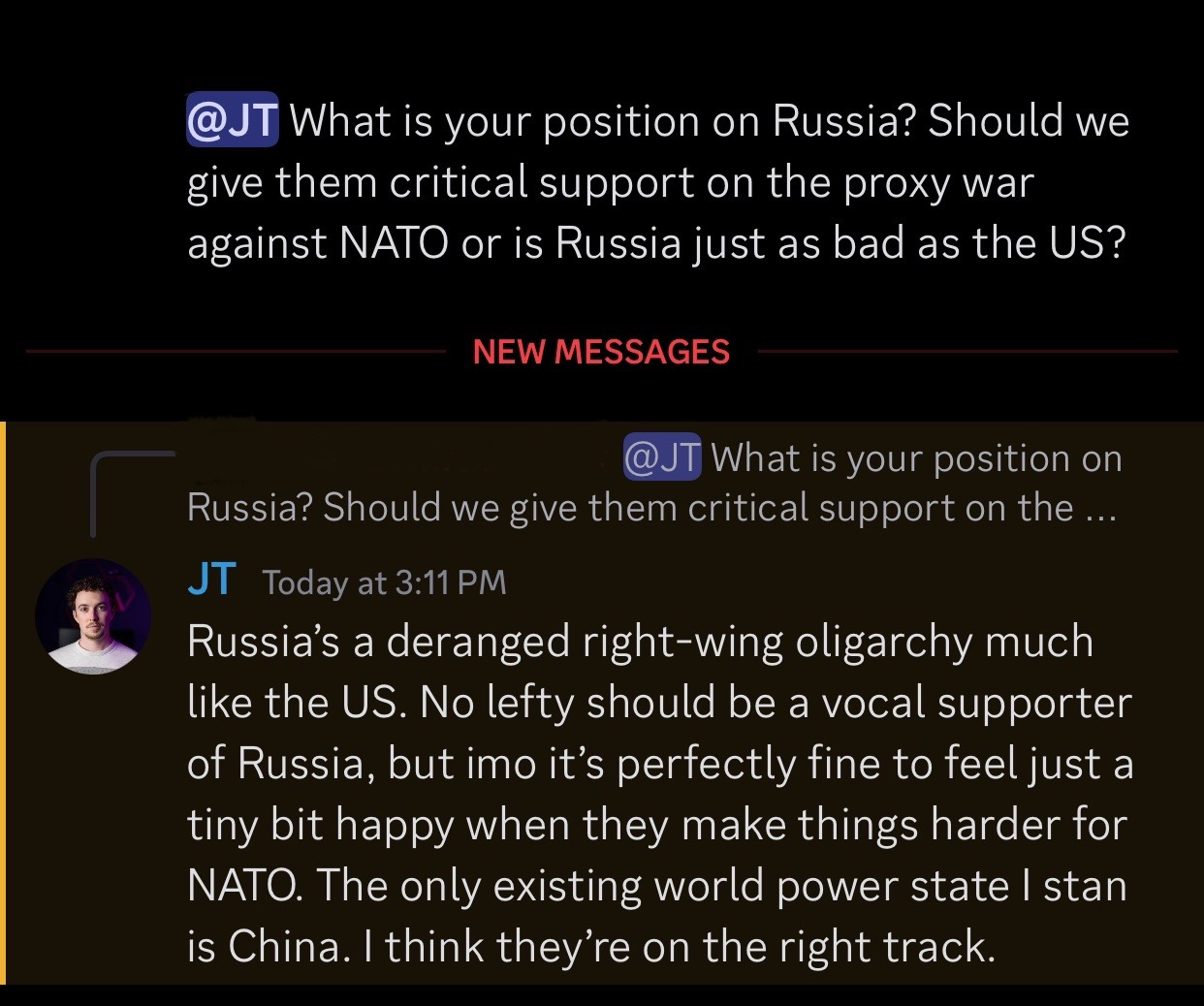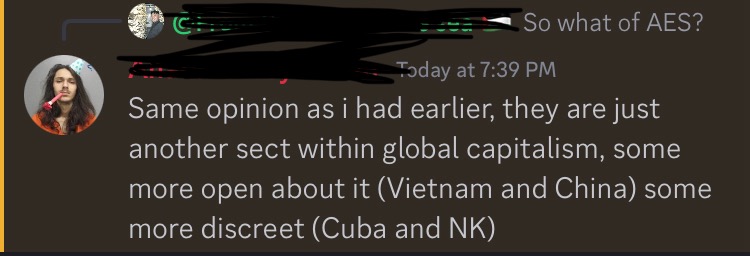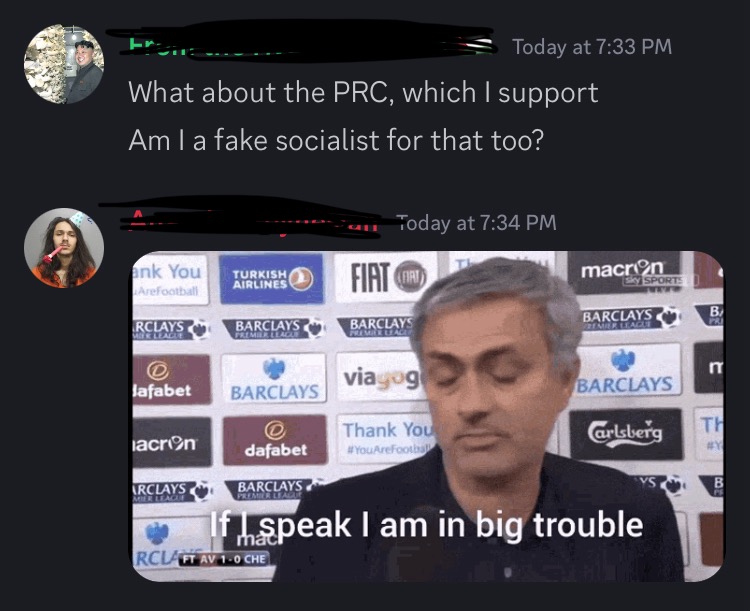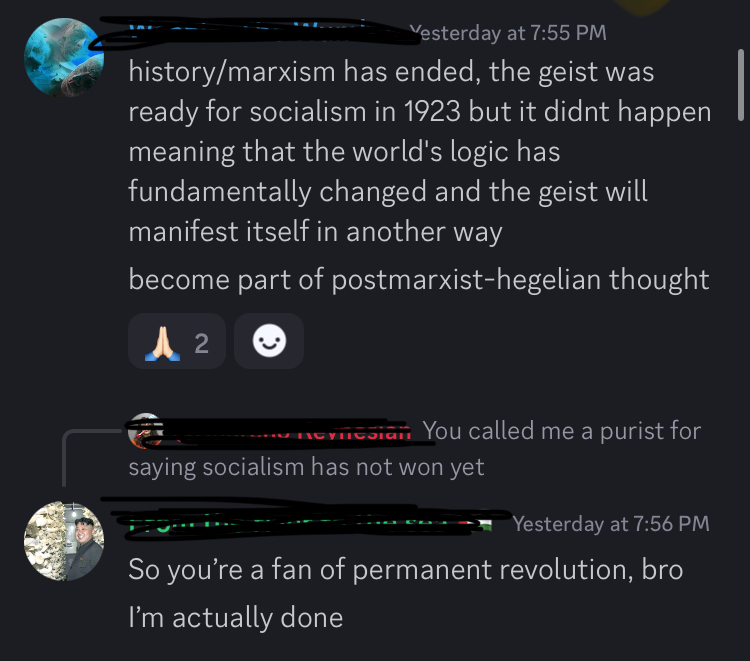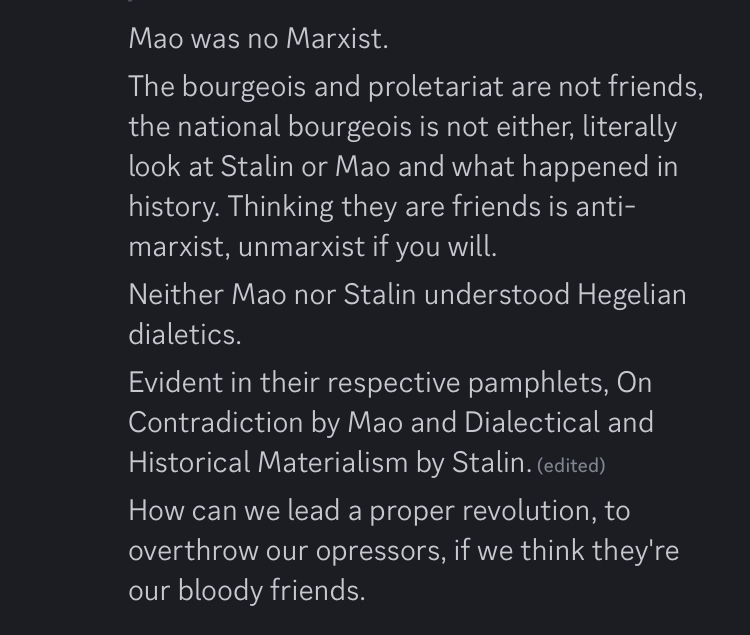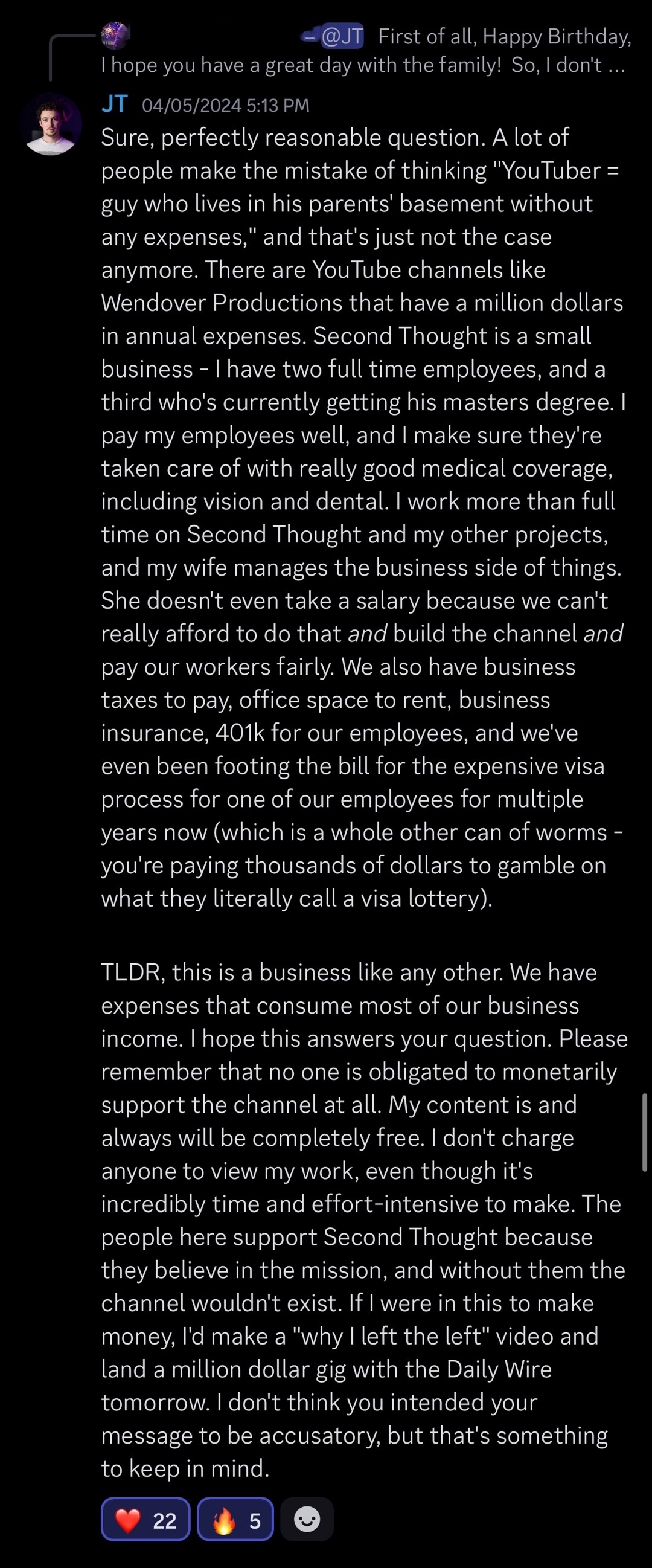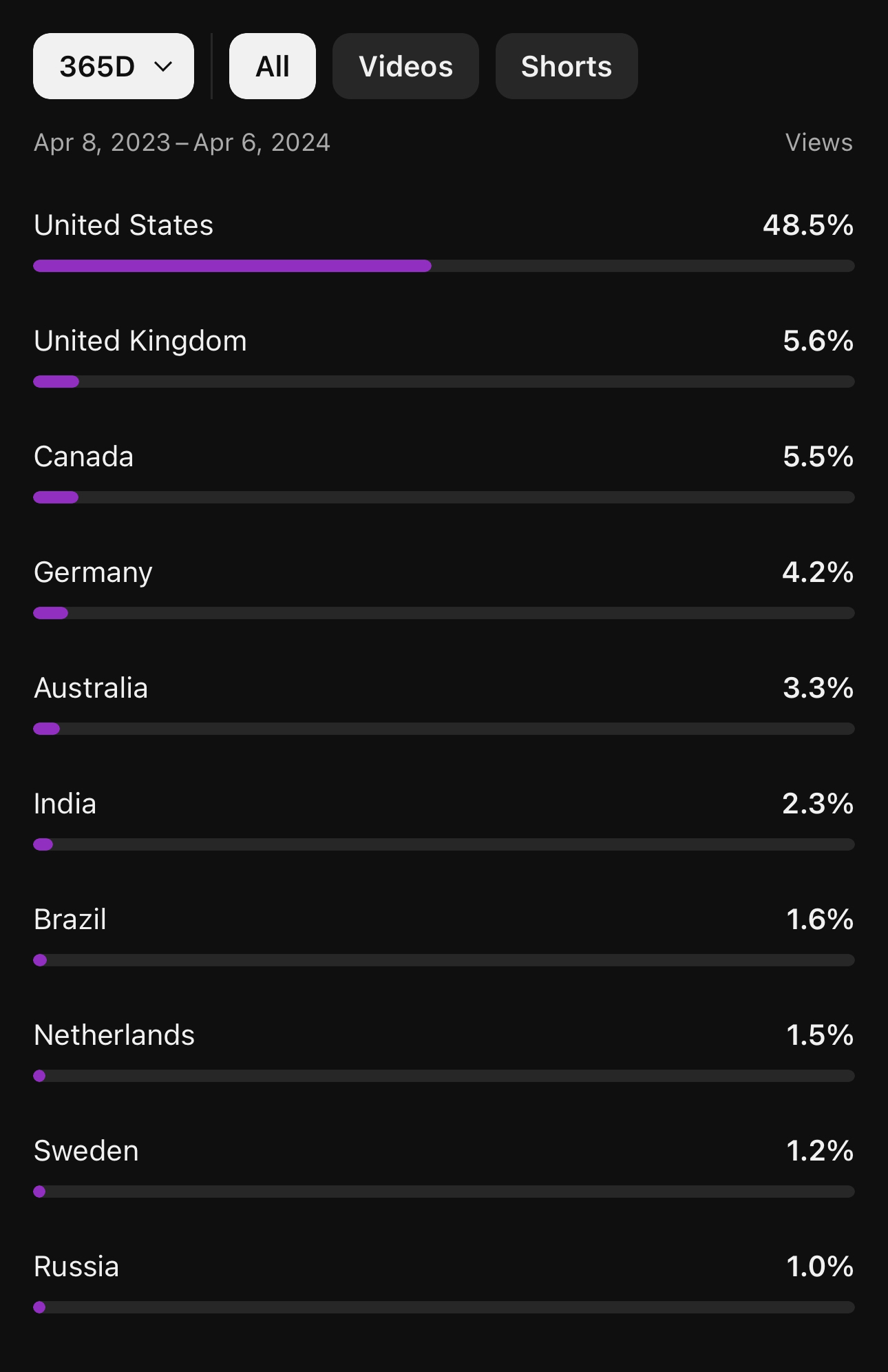%%last updated to match The Deprogram Wiki on 2024-01-03%%
Cuba
The Cuban Revolution, led by Fidel Castro and Ernesto "Che" Guevara, was a Communist revolution which aimed to address issues of inequality, poverty, and national self-determination. Under Castro's leadership, the Cuban government nationalized industries, implemented land reforms, and initiated programs to improve healthcare and education access.
Brief History
Slavery was introduced to Cuba by the Spanish during the early 16th century. African slaves were brought to the island to work on sugar plantations, which became the backbone of the Cuban economy. The brutal conditions of slavery led to various slave rebellions and uprisings throughout the colonial period.
In 1898, the Spanish-American War resulted in Spain ceding control of Cuba to the United States.
The majority of workers in Cuban sugar plantations during this period were either former slaves or descendants of enslaved Africans. Despite the official abolition of slavery in 1886, workers faced extreme economic exploitation. They were trapped in a cycle of poverty, with low wages and limited opportunities for social and economic mobility. The patronato system emerged, where former slaves and their descendants continued to work on the plantations under debt peonage, a form of economic bondage.
In 1952, Fulgencio Batista seized power in a military coup, suspending the Cuban Constitution and ruling as a dictator. Batista's regime was backed by influential Cuban elites, including large landowners, sugar magnates, and business tycoons who benefited from Batista's policies. The U.S. provided military aid and economic support to Batista's military dictatorship.
...as Castro's revolutionary threat became progressively more potent... the Batista regime sought to counter it with a campaign of terror. As regime-inspired terrorism mounted, anti-Batista groups engaged in counter terrorism against regime supporters and by mid-1958 killings had become widespread and general throughout the country. The regime's campaign of terror got out of control and the government in Havana probably had no clear idea of how many killings the police and army forces were committing. Similarly, the anti-Batista forces--which by mid-1958 had the support of 80 to 90 percent of the population-- had little control over the acts of counterterrorism being committed against pro-Batista elements throughout the country.
...the large-scale campaigns of murders and terrorism characteristic of the last years of the Batista regime have not occurred during the Castro regime.
— CIA. (1965, declassified 2005). Political Murders in Cuba: Batista Era Compared With Castro Regime
The Embargo
The majority of Cubans support Castro... The only foreseeable means of alienating internal support is through disenchantment and disaffection based on economic dissatisfaction and hardship... it follows that every possible means should be undertaken promptly to weaken the economic life of Cuba. If such a policy is adopted, it should be the result of a positive decision which would call forth a line of action which, while as adroit and inconspicuous as possible, makes the greatest inroads in denying money and supplies to Cuba, to decrease monetary and real wages, to bring about hunger, desperation and overthrow of government.
— Lester D. Mallory. (1960). 499. Memorandum From the Deputy Assistant Secretary of State for Inter-American Affairs (Mallory) to the Assistant Secretary of State for Inter-American Affairs (Rubottom)
Later that year, the Eisenhower administration instituted the embargo which persists to this day, over 60 years later.
The non-binding resolution [calling for an end to the U.S. economic embargo on Cuba] was approved by 185 countries and opposed only by the United States and Israel... It was the 30th time the United Nations has voted to end the embargo... The trade embargo was put in place following Fidel Castro's 1959 revolution and has remained largely unchanged, though some elements were stiffened by Trump.
— Reuters. (2022). Cuba and U.S. spar over U.N. resolution calling to end embargo
Castro Stole My Stuff
The US claims that it has instituted a policy of tightening the economic noose around Cuba with the Helms-Burton bill on the grounds that Cuba refuses to compensate US companies following nationalisation of their property. This is patently untrue, as Cuba not only successfully negotiated compensation agreements with other countries, but has and is ready to negotiate with the US.
— S. J. Noumoff. (1998). The Hypocrisy of Helms-Burton: The History of Cuban Compensation
Doctors
Despite the challenges posed by the embargo, Cuba has the most doctors per capita in the world and recently surpassed the US in life expectancy.
- The Truth About Cuban Doctors | BadEmpanada (2020)
- [[Meet the U.S. Students Studying Medicine For Free in Cuba - YouTube]] | BreakThrough News (2022)
Democracy
Participatory Democracy in action: LGBT rights
Prior to the revolution, homosexuality was stigmatized and criminalized in Cuba, reflecting the prevailing attitudes of the time. Unfortunately, the revolutionary government under Fidel Castro initially continued this stance. However, Cuba's stance on LGBT rights has evolved to the point where it has become a symbol of progress within the Latin American context. In 2010, Fidel Castro himself admitted that the persecution of homosexuals in the early years of the revolution was a mistake:
If anyone is responsible, it's me.
— Fidel Castro. (2010). I am responsible for the persecution of homosexuals that took place in Cuba: Fidel Castro
In 2022, Cuba became the first Latin American country to mark LGBT History Month. Now, Pride parades in Havana are held every May, to coincide with the International Day Against Homophobia, Biphobia and Transphobia, and attendance grows every year. Cuba also passed one of the most progressive Family Codes in the entire world:
The Family Code not only protects the most vulnerable in Cuba, it protects the course of Cuban socialism. Writing the referendum involved the whole population throughout the processes of drafting and amending. It went through 25 revisions over the course of 3 ½ years.
After the referendum was introduced in 2019, Cuba carried out a nationwide process of education and outreach. Discussions took place in every workplace, organization, neighborhood and community group. To keep all Cubans well-informed, people took the discussions to rural areas and to those who do not have internet access.
The Family Code was approved by Cubans 2 to 1. A large percentage of Cubans, 74%, took part in the vote...
In Workers World Sept. 25, 2022, Minnie Bruce Pratt wrote, “Nearly 6.5 million Cubans took part in more than 79,000 meetings facilitated by the Federation of Cuban Women, the Committees to Defend the Revolution and other community organizations. Over 400,000 proposals were offered by the people; these were submitted to the National Assembly of People’s Power for evaluation, and a revised draft was returned to the people for further discussion and proposals...
Cubans are very proud of what they call participatory democracy, the process they used to introduce and pass the referendum. It is an example to the world and a lesson in democratic centralism.
— Lyn Neeley. (2023). Cuba’s new Family Code, a law of love
Additional Resources
Video Essays:
Podcasts:
